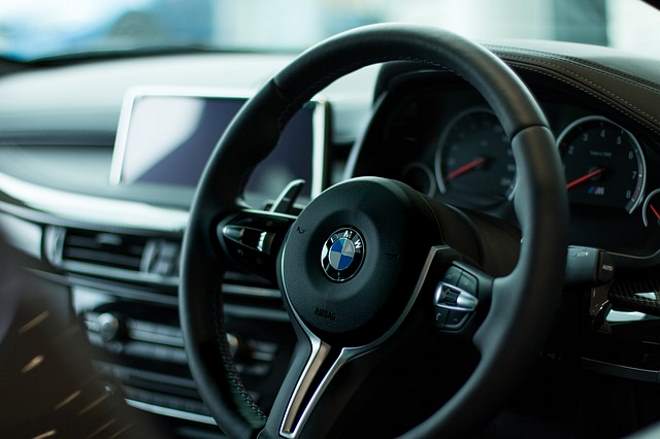The Resurgence of Diesel: A Modern Take on an Old Powerhouse
Diesel engines have long been seen as a relic of the past, known for their loud noise, sooty emissions, and sluggish performance. However, recent advancements in diesel technology have brought them back to the forefront, offering a viable alternative to traditional gasoline engines.
The Diesel Engine: Origins and Evolution
The invention of the diesel engine dates back to 1892, when German engineer Rudolf Diesel first patented his design. Diesel’s original intent was to create a more efficient engine than the gasoline-powered ones of his time. Over the years, diesel technology has come a long way, with modern diesel engines delivering impressive fuel efficiency, greater torque, and lower emissions than their older counterparts.
Innovations Driving Diesel’s Comeback
Several technological advancements have contributed to the diesel engine’s resurgence. High-pressure common rail injectors, for instance, have allowed for more precise fuel delivery. This not only improves performance but also drastically reduces emissions. In addition, the introduction of turbo-diesel technology has addressed the sluggish performance typically associated with diesel engines, enabling them to rival the power and acceleration of gasoline engines.
Current Trends: The Rise of Clean Diesel
One of the most notable trends in the automotive industry is the emergence of ‘clean diesel’ technology. This technology utilizes advanced emission control systems, such as selective catalytic reduction and diesel particulate filters, to meet stringent emission standards. As a result, modern diesel engines are not only more efficient but also environmentally friendlier than ever before.
The Impact of Diesel Technology on the Automotive Industry
The resurgence of diesel technology has noteworthy implications for the automotive industry. For one, it offers consumers a wider range of choices when it comes to engine types. More importantly, it presents a viable solution to the industry’s ongoing quest for fuel-efficient vehicles. Despite the rise of electric and hybrid vehicles, diesel engines still have a significant role to play in the future of the automotive industry.
The Road Ahead: Challenges and Opportunities
Despite the promising advancements in diesel technology, several challenges lie ahead. The dieselgate scandal, for instance, has tarnished the image of diesel engines, leading to declining sales in several markets. Furthermore, the growing popularity of electric vehicles could overshadow the potential of diesel technology. Nevertheless, with continuous innovation and proper regulation, diesel has the potential to maintain its relevance in the evolving automotive landscape.
The resurgence of diesel is a testament to how innovation can breathe new life into old technology. It serves as a reminder that the future of the automotive industry is not solely reliant on new technologies, but also on the continuous improvement of existing ones. Ultimately, the revival of diesel engines demonstrates the industry’s unrelenting quest for efficiency, performance, and sustainability.





